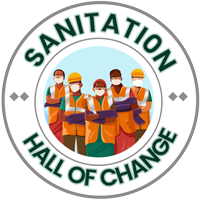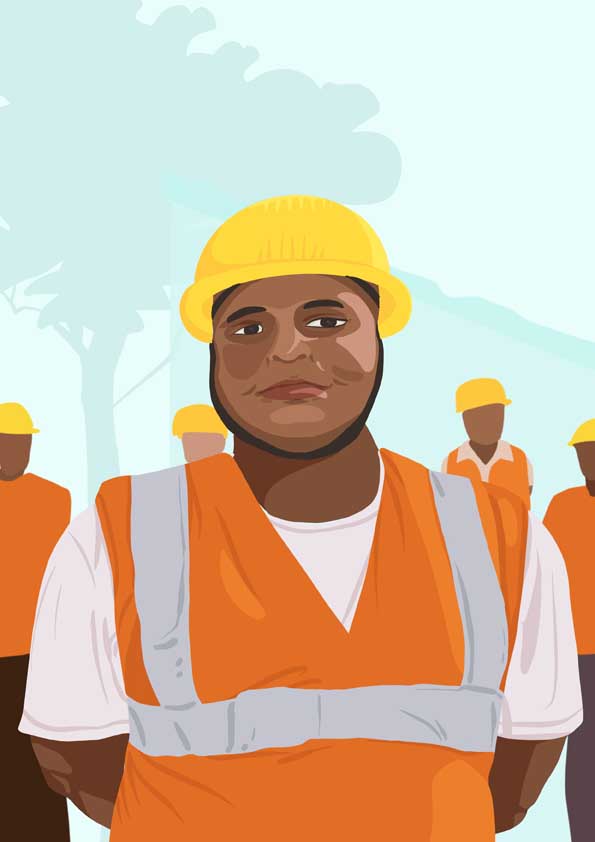Baset Hasda, a sewer worker from Jamshedpur, is no ordinary individual. Hailing from a tribal family in Jharkhand, Baset has spent the last 12 years dedicated to the crucial task of cleaning sewer lines and drains. As the sole breadwinner of his family, he has not only supported his family but also contributed to improving their living conditions through his work.
Throughout his journey, Baset has experienced the realities of his profession firsthand. Every day, he faces the challenges of working in sewer holes, dealing with congested drains, ensuring proper drainage. Over time, he became aware of the risks his job carried. Without adequate equipment, his tasks would take hours to complete, putting him at greater risk of exposure to health hazards, harmful gases, and life-threatening diseases like cardiovascular degeneration and musculoskeletal disorders. Despite the dangers, Baset had no alternative but to continue his job, given that he was the sole provider for his family.
Baset participated in the Ministry of Housing and Urban Affairs’ ‘Safai Mitra Challenge’. The initiative gave Baset and his fellow sewer workers access to Personal Protective Equipment (PPE) and modern mechanised tools to perform their work. Through essential protective equipment such as goggles, masks, and protective gear, Baset was able to take charge of his safety and effectively minimize the risks associated with his occupation. Through comprehensive training sessions, Baset and his colleagues gained valuable knowledge on disease prevention and proper handling of PPE. Further, they learned to seek immediate medical attention if they displayed any signs or symptoms of illness, such as vomiting, stomach cramps, or watery diarrhea. This resulted in a safer working environment and improved hygiene practices, ultimately contributing to the well-being and health of both the workers and the community they served. The Safai Mitra Suraksha initiative proved to be a lifeline for people like Baset, who diligently provide essential services to the community. With the provision of adequate facilities and training, Baset and his colleagues could now visit numerous locations in a day, resolving city sanitation issues. Not only did this initiative improve their work efficiency, but it also the residents’ concerns promptly. Earning a decent income has helped Baset fulfill his needs and support his family.


